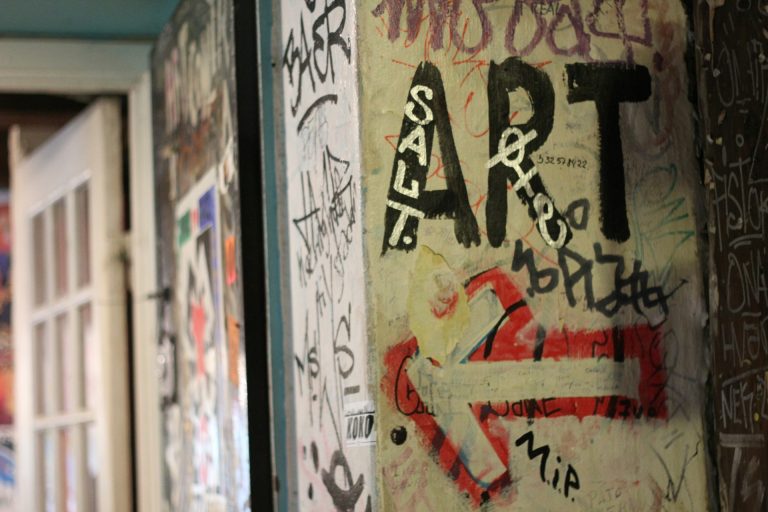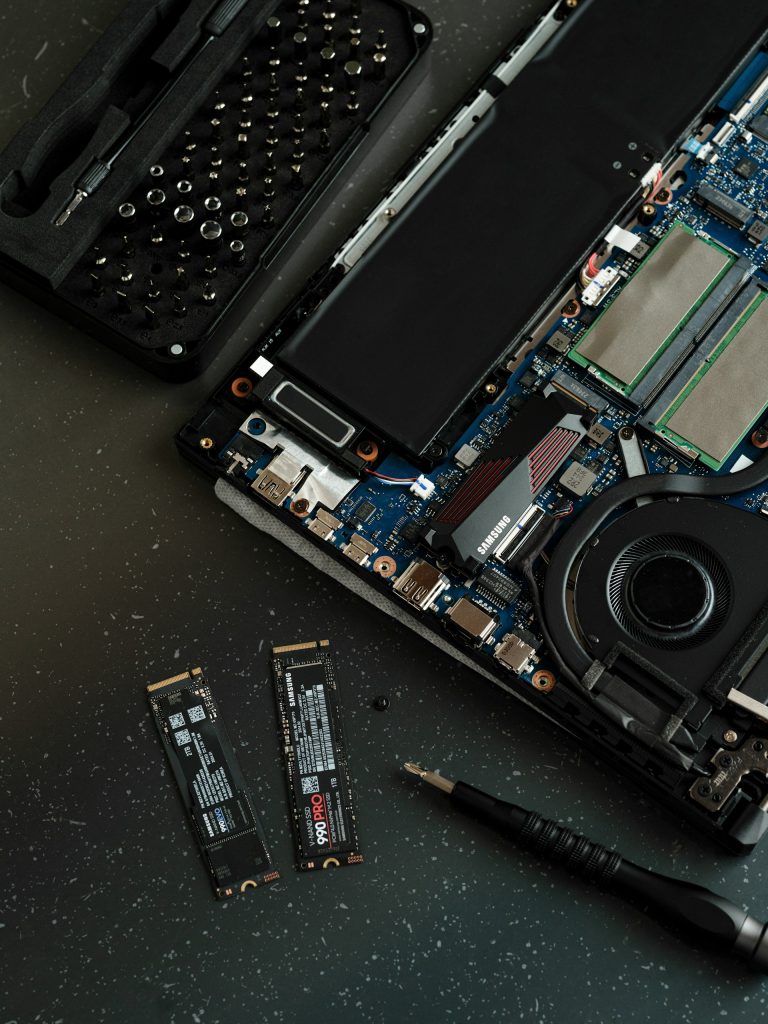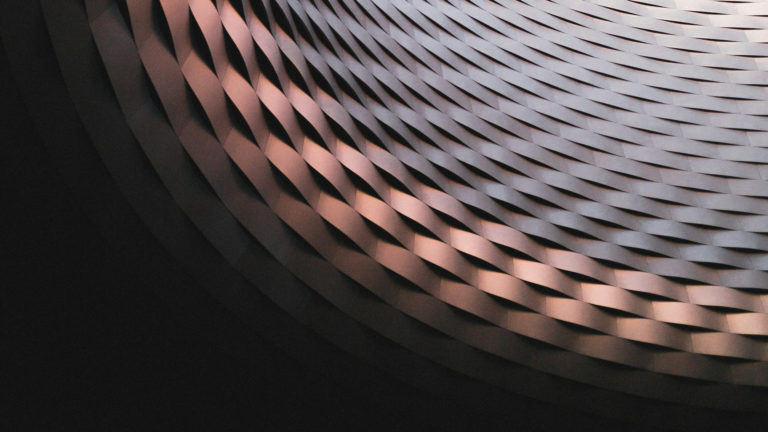The consortium of the European project DIYLab — Do It Yourself in Education: Expanding Digital Competence to Foster Student Agency and Collaborative Learning will host a symposium dedicated to exploring:
- DIY, or Do It Yourself, as a philosophy that puts the students at the centre of the learning experience, by turning them into the maker of their own learning process and materials.
- The potential of this approach for students to develop their agency, collaboration and digital skills, using the technologies they already have access, to make them lifelong and life-wide learners.
This event comes at the end of the above-mentioned project and aims to generate an international forum for debate and discussion.
The symposium
This symposium seeks to explore the emergence of a culture of collaboration, connected to youth learning environments, technology and DIY. Young people’s efforts to create and disseminate digital media have been associated with the growing do-it-yourself (DIY) movement. Starting in the ’90s with arts, crafts, and new technologies, it is now prevalent in curriculum contents, giving educators and students the opportunity to create, share and learn in collaboration.
The organizers are interested in how DIY in particular promotes authorship and communities, given the amount of time youth voluntarily spend in intense learning, as they tackle highly technical practices. This new perspective demands a new media landscape to include, in different educational settings, the production of new media linked to the demands of the digital era.
The symposium aims to problematize and interrogate our understanding of the possibilities and limits of introducing DIY philosophy in primary and secondary education, as well as universities. At the University of Barcelona, it is linked to the sponsored innovative teaching project, “DIYUni: DIY (do it yourself together) at the university. Technological and pedagogical implications to foster independent learning and formative assessment” (2014PID-UB / 075) (extended in 2015-16).
We specifically seek contributions that address the following issues:
- Implementing DIY philosophy institutional settings (schools and universities).
- Teachers’ initial and in-service professional development to support DIY agency and collaborative learning.
- Processes and results of DIY-based teaching and learning projects.
- DIY learning inside and outside educational institutions.
- DIY digital objects as ways of reflecting and sharing learning processes.
- Evaluation of DIY-based learning processes and results.
Program
Friday November 4th 2016
8.15h
Registration
9.00h
Opening ceremony
Juana M. Sancho Gil
Universitat de Barcelona
Coral Regí
Escola Virolai
Miroslava Cernochova
Univerzita Karlova v Praze
Zora Vasakova
ZŠ Korunovační
Antti Peltonen
Oulun Yliopisto
9.15h
Teaching and learning challenges in the digital societies
Dr. Julian Sefton-Green
Principal Research Fellow, Department of Media & Communication, LSE
Associate Professor, Department of Education, University of Oslo
Visiting Professor, The Playful Learning Centre, University of Helsinki, Finland
Introduced by
Juana M. Sancho Gil
10.00h
Main results and challenges of the project DIYLab — Do It Yourself in Education: Expanding Digital Competence to Foster Student Agency and Collaborative Learning
Coordinated by
Fernando Hernández-Hernández
DIYLab digital objects as ways of reflecting upon learning at the university
Dr. Fernando Hernández-Hernández
Universitat de Barcelona, Espanya.
Experiences of DIYLab in further practice; DIYLab in multilateral context
Matti Mikkonen, Terho Granlund, Katrimaija Lehtinen-Itälä, Virpi SIvonen-Sankala, Heikki Kontturi, Kerttuli Saajoranta
Teacher Training School de la Universitat d’Oulu, escola de primària i secundària, Finlàndia.
DIYLab as a vehicle for making the shift in teacher education to understanding the role of the learner
Dr. Miroslava Černochová, Dr. Tomáš Jeřábek
Charles University in Prague, República Txeca.
Implementing DIYLab Philosophy in Primary classes: fostering creativity and design- thinking
Robert Pujol
Escola Virolai, Barcelona, Espanya.
Implementing DIYLab Philosophy in Secondary classes: fostering creativity and autonomous learning
José Luís Touron
Escola Virolai, Barcelona, Espanya.
Effects of collaborative learning within the DIYLab at Korunovacni primary school
Zora Vašáková, Iva Schmittová, Tomáš Komrska
ZŠ Korunovační, Praga, República Txeca.
12.00h
Coffee break
12.30h
Invited experiences related to DIY philosophy
Coordinated by
Maria José Miranda and Cristina Alonso
Implementació del DIY a les aules
Fernando Hernández, Josep Dalmau
Institut Torre del Palau de Terrassa
Making educatiu amb impacte social. El cas d’UdiGitalEdu
Eduard Muntaner Perich
Responsable de projectes a UdiGitalEdu. Universitat de Girona
El potencial transformador de la cultura maker y DIY en la formación del profesorado
Susanna Tesconi
auLAB: aprender a través del diseño y la fabricación digital y LABoralCentro de Arte y Creación Industrial
What’s DIY Got to Do with It? The Cultural Landscapes Collaboratory: A Creativity and Innovation-Centric Culture-in-the-Making
Ralph A. Córdova
Executive Creative Director of the ED Collabitat and Ann R. Taylor. Interim Dean of the College of Education. University of Missouri-St. Louis.
14.00h
Lunch break
15.00h
Discussion with external experts
Coordinated by
Paula Vaskuri and Joan Anton Sánchez
Jordi Vivancos Martí
Cap de l’Àrea de Tecnologies per a l’Aprenentatge i el Coneixement. Generalitat de Catalunya. Departament d’Ensenyament
Dr. Julian Sefton-Green
Principal Research Fellow, Department of Media & Communication, London School of Economics, UK.
Dra. Adriana Gewerc Barujel
Coordinadora de grupo de investigación Stellae. Directora del Departamento de Didáctica y Organización Escolar. Universidad de Santiago de Compostela.
Dra. Mariana Maggio
Directora de la Maestría en Tecnología Educativa. Universidad de Buenos Aires
16.00h
Participants’ contributions
Auditori Meier
Coordinated by
Maria Domingo and Petra Vaňková
Trabajo por proyectos y filosofía DIY para una integración significativa de las tecnologías de la información y la comunicación en los contextos educativos
Alejandra Bosco, Noemí Santiveri, Susanna Tesconi
Todos los caminos conducen a Roma. Trayectorias individuales, competencias generales
Alberto Picón, Ana Mariela Rodríguez-Facal
Aprender a gestionar la incertidumbre en la formación inicial de los profesores de secundaria
Joan Marc Ramos-Sabaté, Neus Soler
Learning Circles – A technology enhanced peer teaching workshop
Kevin Sullivan, Jake Rowan Byrne, Aibhin Bray, Ciaran Bauer, Richard Millwood
Narración y creatividad. Aprender lenguas a través del trabajo autónomo y colaborativo
Rosa Sayós, Carles Royo, Maria Dolors Font-Rotchés
El papel del Tinkering en el aprendizaje formal e informal de las ciencias en primaria
Cristina Simarro, Digna Couso
Auditori del Convent dels Àngels
Coordinated by
Tomáš Jeřábek and Raquel Miño
DIY en la educación musical de grado superior: una relación intrínseca
Diego Calderón-Garrido, Josep Gustems-Carnicer
DIY en la formación inicial de maestros o sobre la necesidad de hackear la institución universitaria
Pepa Valls Gabernet, Agustí Liñan Papaseit, Helena Ayuso Molí, Gemma Forns Agulló
La Red de Intercambio de Conocimiento: Compartiendo nuestros saberes entre iguales
Sílvia Martínez Grau, Pilar Iglesias-Estellés, Sònia López Hernández
Instrumentos musicales en la escuela. Un proyecto de colaboración entre alumnos y músicos
Salvador Oriola-Requena
La formación de líderes para una escuela que aprende día a día
Rosita Romero-Alonso, Carol Halal-Orfali
Interfaces DIY como alternativa en la Universidad para la democratización de las relaciones pedagógicas
Tanya Angulo
17.30h
Coffee break
16.00h
Interactive round table
Coordinated by
Miroslava Černochová and Judit Onsès
Participants:
- Sandra Carbó, estudiant, Universitat de Barcelona
- Anna Forés, professora agregada, Universitat de Barcelona
- María José Miranda, professora de secundària, Escola Virolai, Barcelona
- Alfred Garrido, professor de primària, Escola Virolai, Barcelona
- Júlia Callejon, estudiant de secundària, Escola Virolai, Barcelona
- Josep Ramon Domingo, pare d’escola secundària, Escola Virolai. Barcelona
- Matti Mikkonen, professor de primària, Teacher Training School in University of Oulu, primary and secondary school, Koskela, Finlàndia
- Katrimaija Lehtinen-Itälä, professor de secundària, Teacher Training School in University of Oulu, primary and secondary school, Linnanmaa, Finlàndia
- Daniel Tocháček, professor, Charles University, República Txeca
- Iva Schmittová, professor de primària, ZŠ Korunovační, República Txeca
- Radomira Vaclavikova, professor de secundària, ZŠ Korunovační, República Txeca
16.00h
Symposium wrap up
Juana M. Sancho Gil
Universitat de Barcelona
Coral Regí
Escola Virolai
Miroslava Cernochova
Univerzita Karlova v Praze
Zora Vasakova
ZŠ Korunovační
Paula Vaskuri
Oulun Yliopisto
Submissions
Abstracts
Abstracts should be sent in a text document to: esbrina@ub.edu, together with contact details for the author(s) and a brief mention of the author(s) affiliation.
Abstracts should not exceed 500 words (excluding references) and should clearly communicate the key points and conclusions of the paper, indicating the methodology, theoretical framework and the relationship to the call.
Spanish template / English template
Keywords
A short list of keywords should be provided with the abstract (no more than five).
Language
The conference will be held in English and Spanish. Abstracts, as well as the full paper, should be submitted in English or Spanish.
Acceptance
We are limiting acceptance to 20 presentations. All abstracts will be reviewed by the scientific committee and authors will be notified of acceptance by September 30th, 2016.
Deadlines
Paper submissions: September 20th, 2016
Paper acceptance: September 30th, 2016
Registration: October 20th, 2016
Date
November 4th 2016
Venue
Auditori Meier
Museu d’Art Contemporani de Barcelona (MACBA)
Plaça dels Àngels, 1
08001 Barcelona
Organized by
Juana M. Sancho Gil, Fernando Hernández-Hernández, Cristina Alonso Cano, Joan-Anton Sánchez i Valero, Maria Domingo-Coscollola, Xavier Giró Gràcia, Rachel Fendler, Raquel Miño Puigcercós, Judith Arrazola Carballo, Judit Onsès, Anna Majó, José Aurelio Castro Varela.
Esbrina. Universitat de Barcelona
Esa Niemi, Antti Peltonen, Mikko Ojala, Paula Vaskuri.
University of Oulu
Miroslava Černochová, Tomáš Jeřábek, Petra Vaňková.
Charles University
Coral Regí, Paloma Llaquet, María José Miranda, José Luís Tourón, Alfred Garrido, Robert Pujol, Isabel Beltrán.
Escola Virolai
Kari Kumpulainen, Kerttuli Saajoranta, Heikki Kontturi, Pasi Hieta, Terhi Ylöniemi, Heikki Kontturi.
Oulu University Teacher Training School
Tomáš Komrska, Radomíra Václavíková, Iva Schmittová.
ZŠ Korunovační
DIYLab — Do It Yourself in Education: Expanding Digital Competence To Foster Student Agency And Collaborative Learning
This project has been funded with support from the European Commission. Lifelong Learning Programme. Education, Audiovisual and Culture Executive Agency. 543177-LLP-1-2013-1-ES-KA3MP
This symposium reflects the views only of the authors, and the Commission cannot be held responsible for any use which may be made of the information contained therein.
With support from
- Facultat de Belles Arts, Universitat de Barcelona.
- Departament de Didàctica i Organització Educativa, Universitat de Barcelona.
- Programa de Millora i Innovació Docent de la Universitat de Barcelona.





